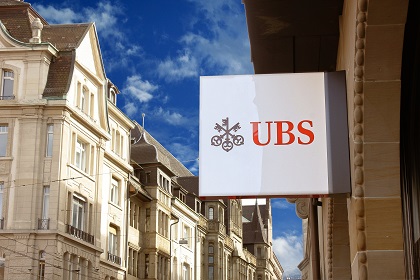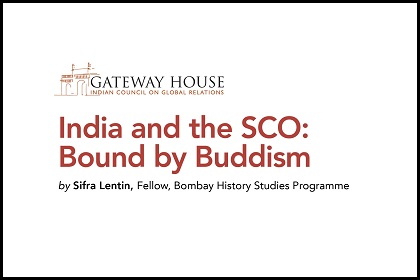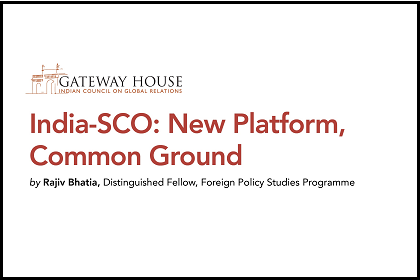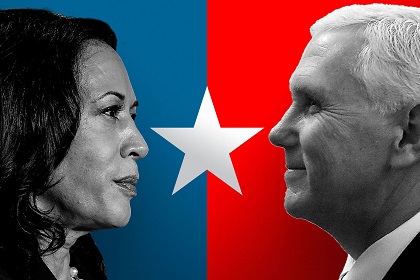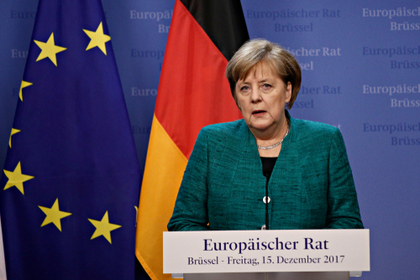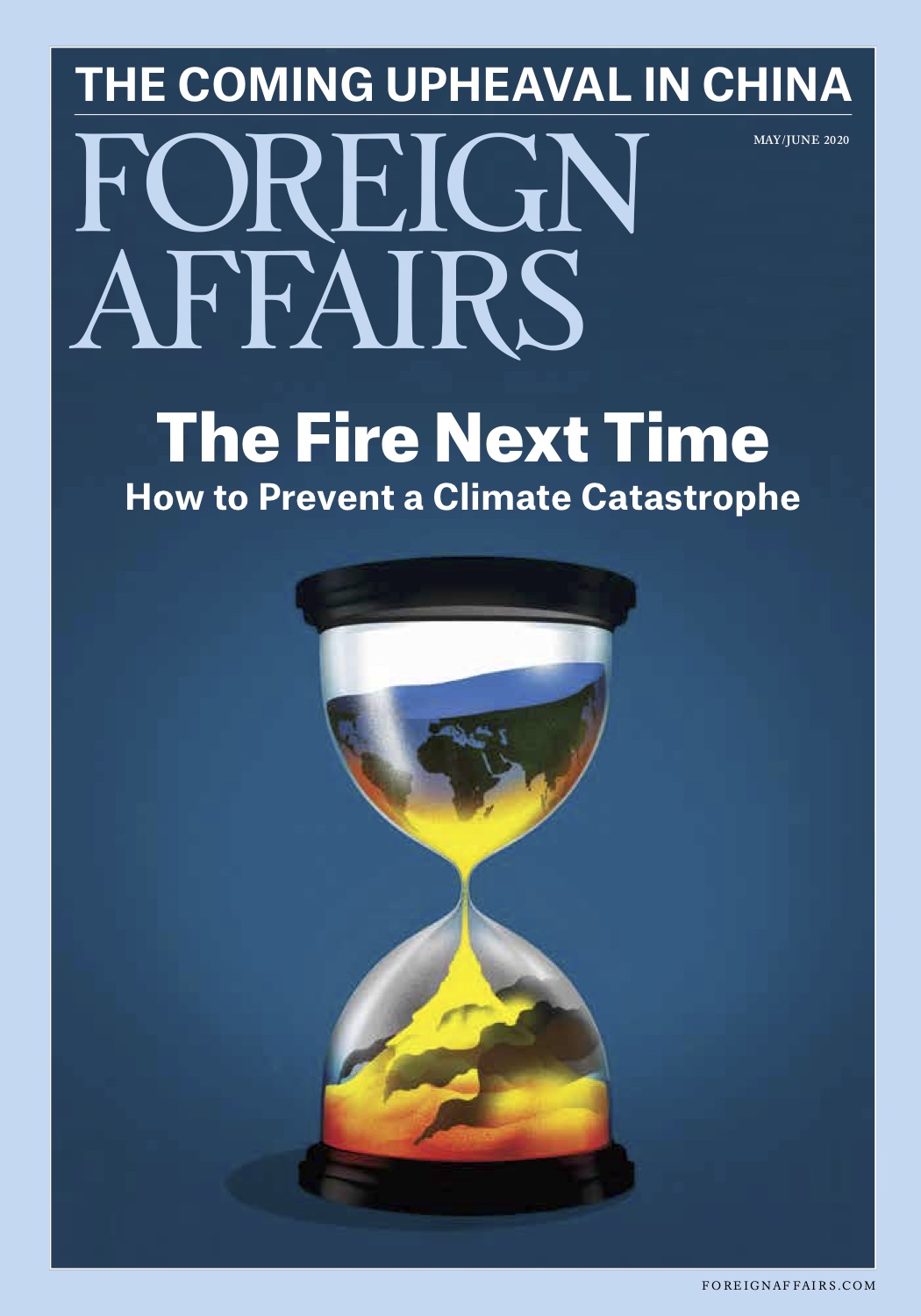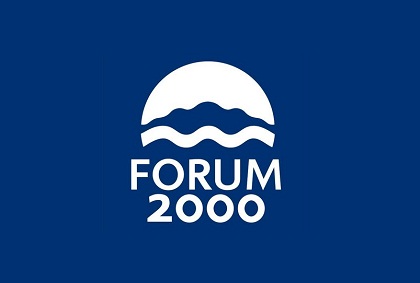Swiss bankers have become un-Swiss
Swiss bankers, long perceived as smart and the epitome of security, have lately projected themselves as venturesome players in a global theatre of high risk. It didn’t pay off, their involvement with Greensill Capital and Archegos Capital, resulted in major financial losses and a loss of cachet.

